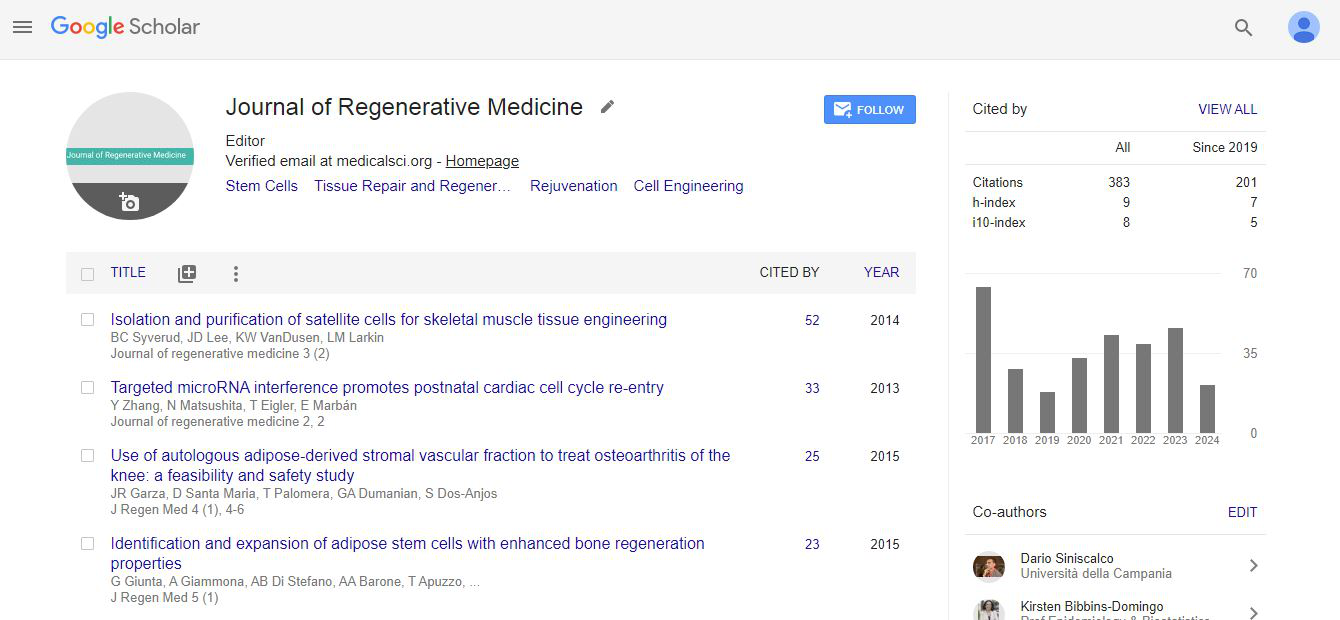Herbal medicine (Taohong Siwu Tang) for the treatment of primary dysmenorrhea: A systematic review and meta-analysis
Changhoon Lee, Haeri Ji and Jungeol Yoon
Kyung Hee University, Republic of Korea
: J Regen Med
Abstract
Objective: This systematic review aimed to evaluate the efficacy and safety of taohong siwu tang (TST) on primary dysmenorrhea.
Materials and Method: We searched four English (MEDLINE, EMBASE, Allied and Complementary Medicine Database, and Cochrane Central Register of Controlled Trials [CENTRAL, Cochrane Library]), three Chinese (China National Knowledge Infrastructure, Wanfang, and Chinese Science and Technology Periodical Database), two Korean (Oriental Medicine Advanced Searching Integrated System and Korean traditional Knowledge Portal), and one Japanese (Citation Information by NII) databases. All randomized controlled trials (RCTs) using TST or modified TST were included. Three independent reviewers extracted the data, assessed the risk of bias according to the Cochrane criteria, and performed a meta-analysis.
Results: A total of 85 possibly relevant articles were identified, and five trials met our inclusion criteria. A meta-analysis showed a favorable effect of modified TST compared to non-steroidal anti-inflammatory drugs (NSAIDs) (n = 486, risk ratio [RR] = 1.53, 95% confidence interval [95% CI] = 1.37-1.72, I2 = 39%). Among them, one RCT showed superior effects of modified TST on the recurrence rate compared to NSAIDs (n = 246, RR = 0.31, 95% CI = 0.15-0.63, P = 0.001). Another RCT revealed favorable effect of TST in combination with oral contraceptives (OCs) compared to OCs alone (n = 60, RR = 1.35, 95% CI = 1.02-1.79, P = 0.04).
Conclusion: This systematic review and metaanalysis provides moderate-quality evidence on the superiority of modified TST over NSAIDs as well as TST plus OCs over OCs, in the treatment of primary dysmenorrhea.
Biography
E-mail: jijerry@nate.com
 Spanish
Spanish  Chinese
Chinese  Russian
Russian  German
German  French
French  Japanese
Japanese  Portuguese
Portuguese  Hindi
Hindi 